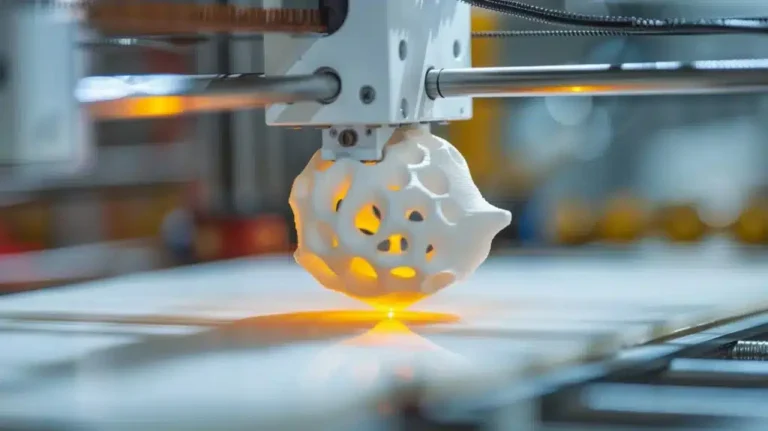The Future of Work: How Automation Affects Jobs

The future of work is increasingly shaped by automation, which presents both challenges and opportunities. As machines take over routine tasks, job availability is altered, leading to the displacement of certain roles. Yet, this technological shift also fosters the emergence of new industries and positions. Understanding the implications of these changes is crucial. What strategies will individuals and organizations adopt to navigate this evolving landscape? The answers may redefine the workforce as we know it.
The Impact of Automation on Job Availability
As automation technologies continue to advance, their influence on job availability presents both challenges and opportunities for the workforce.
Job displacement is an imminent concern, leading to significant workforce transformation. Many traditional roles may vanish, compelling individuals to adapt and acquire new skills.
This dynamic shift necessitates a reevaluation of societal structures, encouraging a collective pursuit of freedom through innovation and lifelong learning.
Opportunities Created by Automation
While concerns over job displacement loom large in discussions about automation, it is critical to recognize the myriad opportunities that arise from these technological advancements.
Automation fosters the emergence of new job roles, particularly in innovative industries like robotics, artificial intelligence, and renewable energy.
These sectors not only enhance productivity but also empower individuals to pursue fulfilling careers that align with a rapidly evolving landscape.
The Importance of Reskilling and Upskilling
Recognizing that technological advancements are reshaping the workforce, the importance of reskilling and upskilling becomes increasingly evident.
As automation accelerates, the skills gap widens, necessitating proactive measures for workforce transformation. Individuals must embrace lifelong learning to adapt to new demands, ensuring their relevance in an evolving job market.
This strategic approach not only enhances employability but also fosters a culture of adaptability and freedom.
Embracing Remote Work in an Automated World
The shift toward automation is reshaping not only the skills required in the workforce but also the very environment in which work is conducted.
Remote work, facilitated by advanced remote collaboration tools, enhances productivity and flexibility.
As virtual team dynamics evolve, organizations must cultivate trust and communication, empowering employees to thrive in this automated landscape, thereby redefining the essence of work itself.
Conclusion
In an era defined by automation, coincidentally, the very jobs at risk of displacement are paving the way for new opportunities that demand innovative skills. As industries evolve, the simultaneous rise of remote work highlights the need for adaptability, fostering collaboration across diverse teams. This intersection of technology and human potential underscores a pivotal truth: the future of work is not merely about survival but about harnessing change to cultivate fulfilling careers in an increasingly automated landscape.


